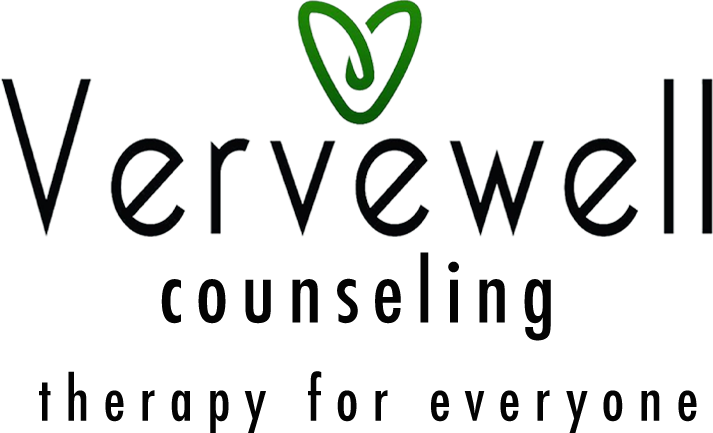Vervewell’s David Hooper, LPC
encourages us to check our circle, it’s that important.
To check in on your all important circle of social support, we have to ask:
Who’s On Your Team?
Your social support team should be one of your most valuable resources. I want to help you think critically about how you can be a great team captain, and maybe even a star player on someone else’s team.
First, think about the roles you need to fill in your support network. Consider your goals, objectives, and potential obstacles you might encounter doing things alone. Do you want to succeed in your career? Be a good parent? Cultivate a healthy and sustainable lifestyle? You’ll certainly need at least one person (and ideally a few) to provide emotional support to help you feel loved and understood. You’ll probably also want some informational support: experts like doctors, lawyers, or mentors. And even those of us who idealize rugged independence need some instrumental support, like when we have to move a couch upstairs or we need a night off from doing the dishes. I also suggest adding some appraisal support, i.e., someone you can trust to tell you the honest and objective truth.
Can you think of any more roles you need to fill?
Next, think about your family, friends, and other supportive people as they are in your life today. Are your “aces in their places?” While we all have our own unique interpersonal strengths, they must each be paired with a matching opportunity before they can be fully realized. Sometimes, when we look closely, we may find we have mentally employed a great person in the wrong role. Or maybe they just need a little coaching or clarification on your needs, such as: “I really appreciate that you want to help me by doing [a]. If you can, what I could really use some help with right now is [b].” You may be surprised to learn how many people want to help but just don’t know how!
Finally, look at recruitment and hiring. You may have some gaps in coverage, or you might just want to take some of the pressure off a single highly utilized person. What are the core functions of the role? Where do you find candidates? How do you interview? While the answers to these questions will all depend heavily on your needs and interpersonal style, I can offer this advice: Put yourself among caring people and keep your eyes open. Once you become determined to find what you’re looking for, you’ll likely start to notice the bids for connection.
This is a very condensed overview of the complex and personal topic of cultivating robust social support. Maybe you find that people in your life only want to offer one kind of support and not the others. Maybe you find it hard to believe that others would even want to be on your team in the first place. Or maybe you just need a little added support in putting yourself out there.
Wherever you are in the process, I would be happy to lend a hand! A strong, healthy, up-lifting social structure is a key element to self-care and personal well-being.
We are all pack animals.
Connectedness is a birth right, a need that strengthens emotional wellness.
I have immediate openings for both in-person and telehealth appointments.
David Hooper, LPC, NCC, CRC, is a licensed professional therapist at Vervewell Counseling in Fort Worth, TX, in the Near Southside District. He specializes in co-occurring mental health and substance use disorders, and has deep experience working with professionals including CEOs, physicians, and attorneys. David also offers Cognitive Processing Therapy (CPT) for individuals dealing with post-traumatic stress, including veterans, first responders, and civilians. He sees clients in person and via telehealth across Texas.



